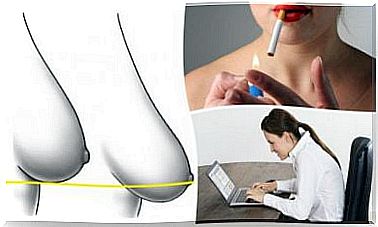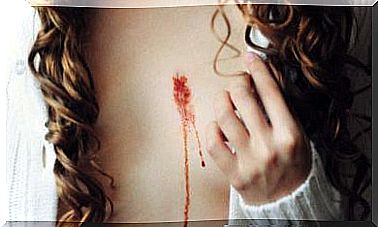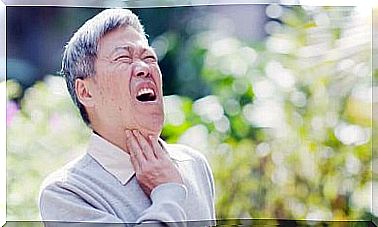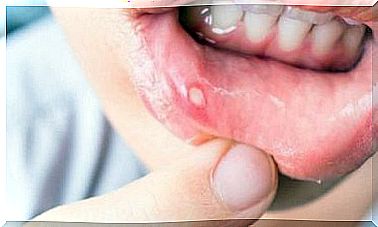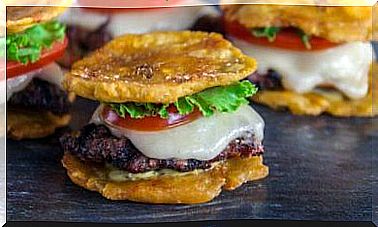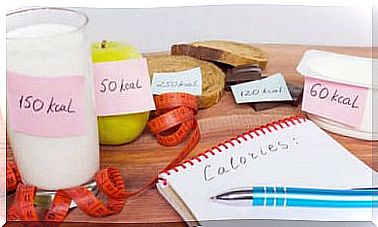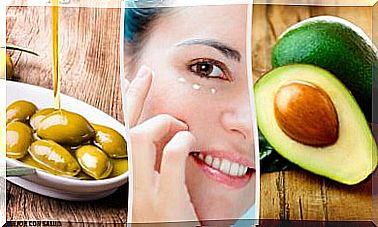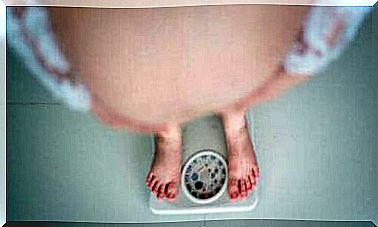Breast Pain: 7 Reasons
The most common causes of pain in the breasts are usually related to hormonal changes, such as those that occur during menstruation, pregnancy or breastfeeding.
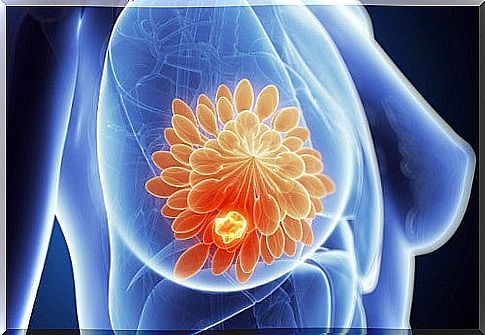
Many women associate breast pain with breast cancer and start to worry about it. However, in most cases, breast pain is not related to this disease. So it is good to know the other reasons why a breast might be sore.
Many women can have breast pain at any point in their life. It is, indeed, a common symptom of certain hormonal changes such as menstruation or pregnancy.
Breast tenderness before or after menstruation is indeed very common. This is not related to a serious illness, if not to a simple hormonal change.
If you do not have any abnormalities after having had a mammogram, but you still have frequent pain, it is possible that other benign conditions may have an influence on this problem. This is what we will present to you in this article.
Hormonal causes
Usually, a young girl who begins to have her period may experience some pain in the breasts. It can also be one of the symptoms of PMS, before your period.
Many women can experience breast pain during their most fertile period. This is usually half of the cycle coinciding with ovulation, as well as the few days before your period. These phases of the cycle then correspond to the most abrupt hormonal changes in women.
In addition, the use of the pill or hormone replacement therapy may be other factors in this problem.
The pregnancy
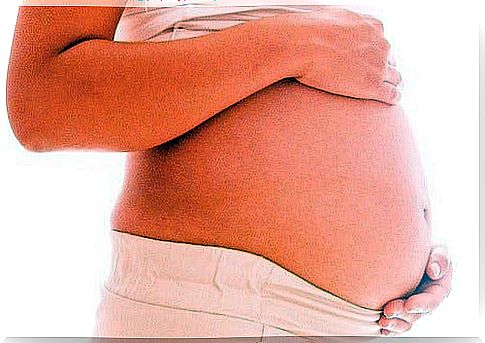
One of the first symptoms that can be noticed in early pregnancy is pain in the breast. In this case, the woman has more breast tenderness, especially if it is her first pregnancy or if she is still young. Usually, breast pain is there during the first trimester.
They thus coincide with the increase in the volume of the breast as well as the appearance of blue veins, indicating precisely this change in size, as well as the increase in blood flow.
Breastfeeding
Because of the rush of milk, women usually have breast pain when they have just had a child. However, you still have to be careful, because if the pain is severe and the woman does not see any improvement, it could possibly indicate mastitis.
Mastitis
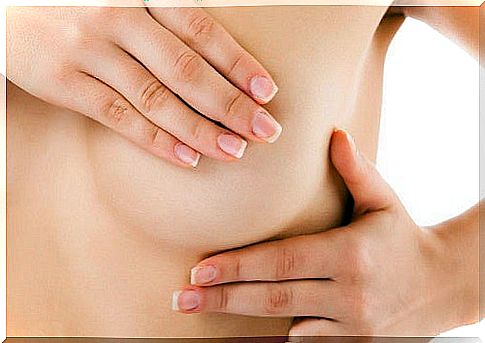
Mastitis presents as an inflammation of the breasts, due to an obstruction of one or more milk ducts. Mastitis is often caused by an infection caused by bacteria.
It can also be an inflammation caused by the stagnation of milk, which can go as far as forming an abscess. Symptoms that can put you on alert are redness of the breast, pain and especially fever.
Breast cysts
Breast cyst is a fluid-filled lump that forms inside the breast when the mammary gland increases in size. The breast cyst is often benign and is characterized by the pain it causes. When it grows large enough it can feel to the touch, so others require a mammogram.
Breast abscesses
Breast abscesses are caused by a buildup of pus in the breast tissue. This problem can then produce pain in the breasts. Usually, it is at this stage that one can also smell like a lump caused by bacteria entering the breast through a breast injury. The cyst can also cause problems with milk production.
Regardless of this, your best bet is always to see a doctor so that he can perform the necessary examinations and give you the correct treatment.
Breast cancer
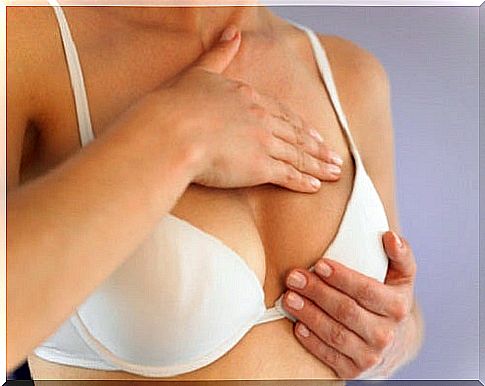
As we said before, many women directly link breast pain to breast cancer when in general this is not the case. Indeed, breast pain is one of the most delayed symptoms of breast cancer.
So it is possible that, if a woman finds breast cancer early enough to be cured, she will do so with symptoms other than breast pain, which will not happen until later.
Recommendations for preventing and treating breast pain
Usually, you don’t need to take any medications to relieve breast pain. However, there are a few aspects of your lifestyle that you can change to help prevent this problem.
- Avoid using a bra that is too tight on the chest.
- Eat a healthy and balanced diet low in fat, rich in fruits, vegetables and grains.
- Try to maintain a healthy weight which will help stabilize your hormone levels.
- Increase your intake of vitamin B6 (pridoxine), vitamin B1 and vitamin E.
- In case of pain, you can try to apply water compresses.
